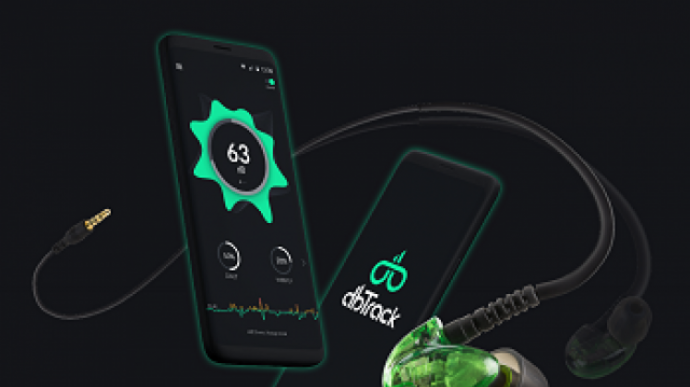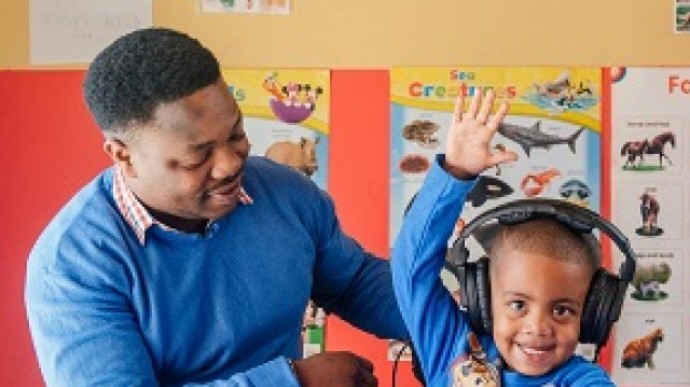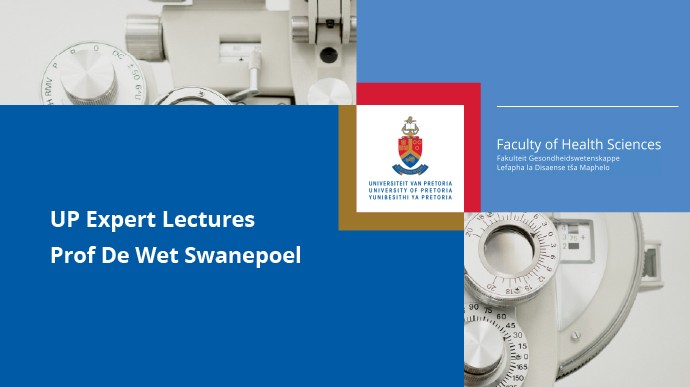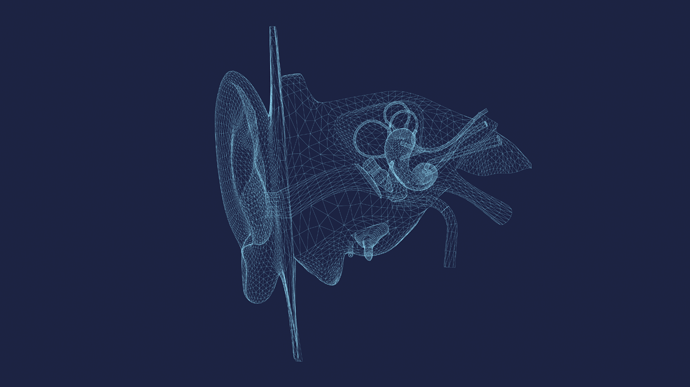
Professor De Wet Swanepoel, PhD, is a professor of audiology in the Department of Speech-Language Pathology and Audiology in the Faculty of Humanities at the University of Pretoria (UP). He is a leading international researcher in teleaudiology, hearing health innovation and new service delivery models.
Prof Swanepoel is Research Director of the World Health Organisation’s (WHO) Collaborating Centre for Prevention of Deafness and Hearing Loss at UP. He is also a senior research fellow at the Ear Science Institute Australia, and has served as a visiting professor at universities in the US, Sweden and Australia.
His research capitalises on digital health to explore, develop and evaluate innovative technologies and service delivery models for ear and hearing care. He has published more than 220 peer-reviewed articles, books and book chapters, and is funded by the US National Institutes of Health, the Academy of Medical Sciences in the UK, the National Research Foundation, SA, and other industry partners. He has received numerous international awards for his work, from international science councils, audiology associations and industry.
Prof Swanepoel is a sought-after keynote speaker at international events for global organisations such as the WHO, and for American and British academies of audiology. He regularly features on national and international TV and radio channels, including CNN, Sky News, CNBC and the BBC. Prof Swanepoel is also Editor-in-Chief of the International Journal of Audiology and a former president of the International Society of Audiology. He holds several patents and is founder of hearX group, a digital health company.
 Story
Story
In the first study of its kind, researchers at the University of Pretoria (UP) have made headway in understanding the accuracy and reliability of sound-level monitoring earphones and the effect of smartphone feedback, as an intervention to encourage safe listening use among young people.
 Story
Story
A two-minute smartphone test can identify hearing and vision problems before children even start school according to new research published in the prestigious Bulletin of the World Health Organisation.
 Gallery
Gallery
A two-minute smartphone test can identify hearing and vision problems before children even start school according to new research published in the prestigious Bulletin of the World Health Organisation.
 Lecture
Lecture
Hearing loss is a leading contributor to the global burden of disease and affects more than 360 million people. For most, early detection is inaccessible, which precludes timely treatment. Resulting sequelae include educational failure, unemployment, poverty, social isolation, depression and a threefold increased risk of dementia. Recent technological advances and the ubiquity of connectivity...
 Story
Story
If a user of the app fails the hearing test, the app recommends the nearest hearing healthcare provider based on the user’s location.
Copyright © University of Pretoria 2025. All rights reserved.
Get Social With Us
Download the UP Mobile App